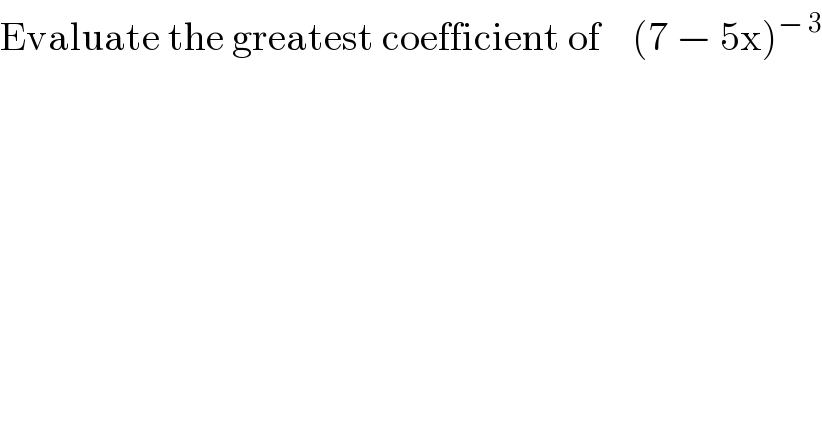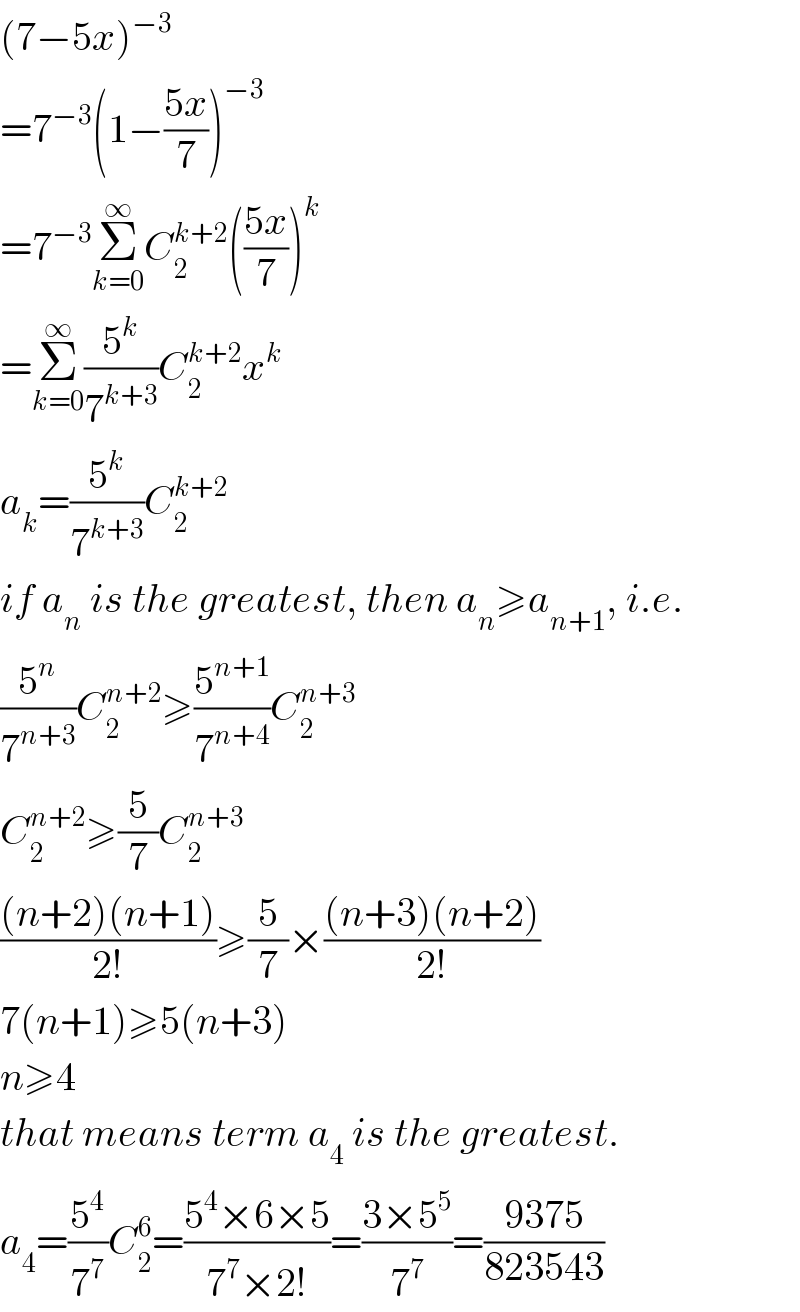
Question and Answers Forum
Question Number 82149 by TawaTawa last updated on 18/Feb/20

Commented by TawaTawa last updated on 18/Feb/20

Answered by mr W last updated on 18/Feb/20

Commented by TawaTawa last updated on 18/Feb/20

Commented by mr W last updated on 19/Feb/20

Commented by TawaTawa last updated on 19/Feb/20

Commented by TawaTawa last updated on 19/Feb/20

Commented by mr W last updated on 19/Feb/20

Commented by TawaTawa last updated on 19/Feb/20

Commented by mr W last updated on 19/Feb/20

Commented by TawaTawa last updated on 19/Feb/20

